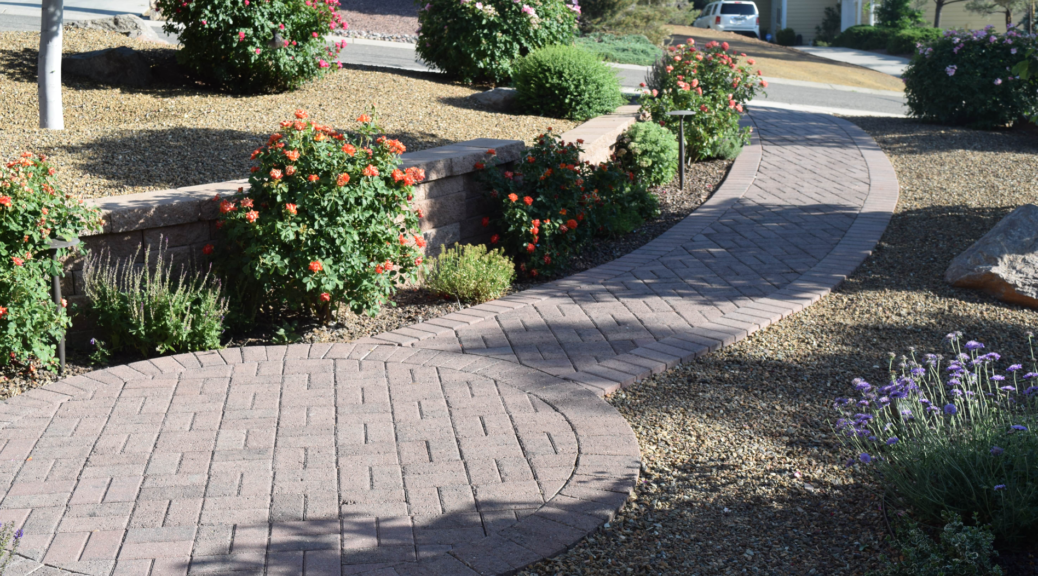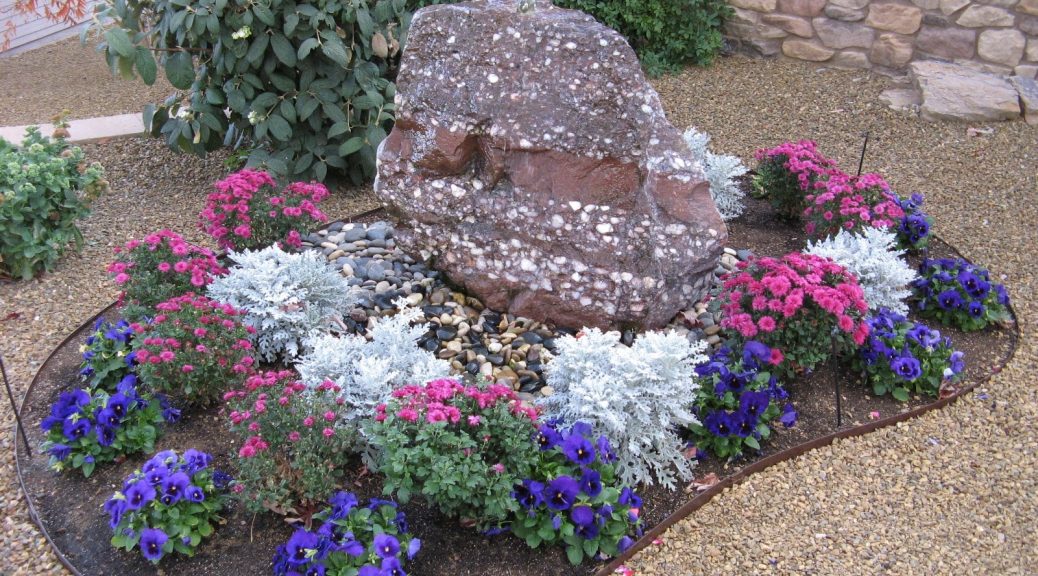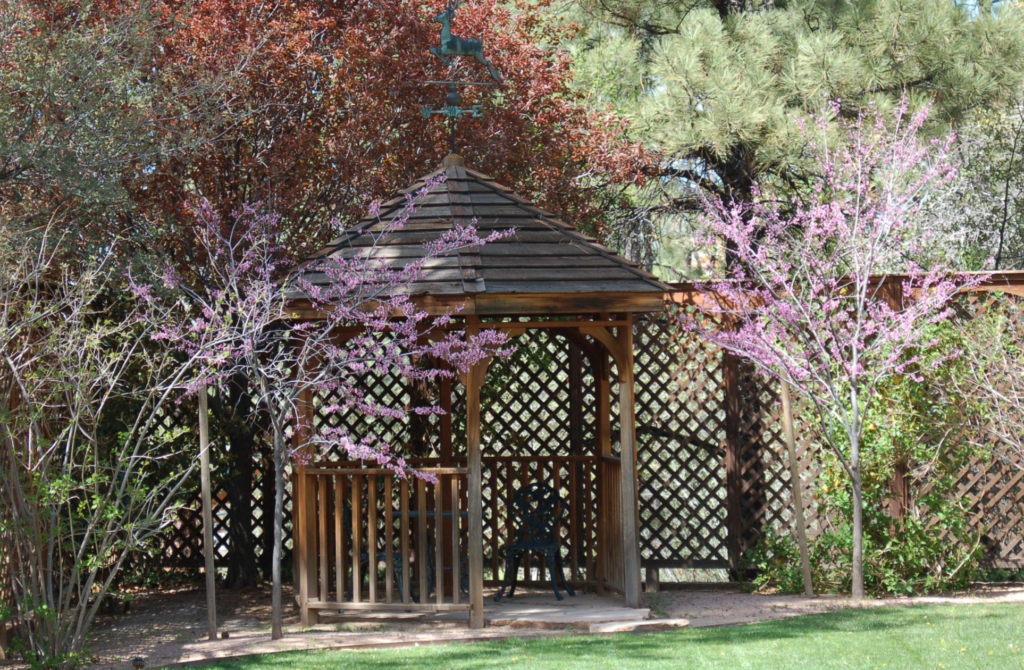
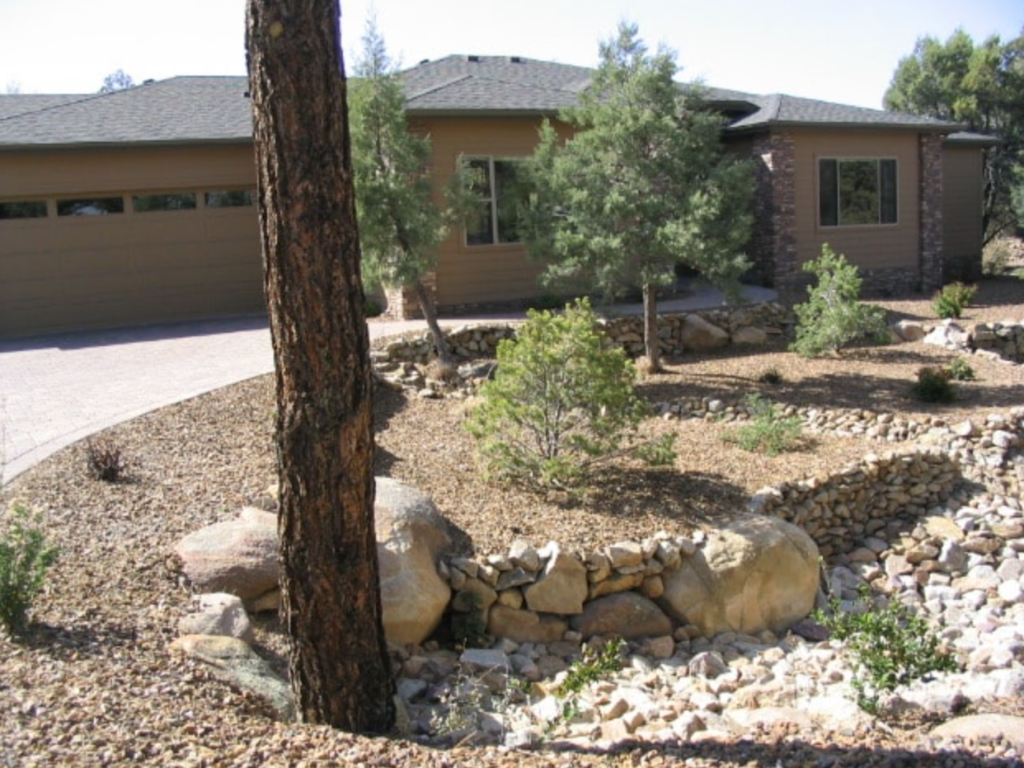
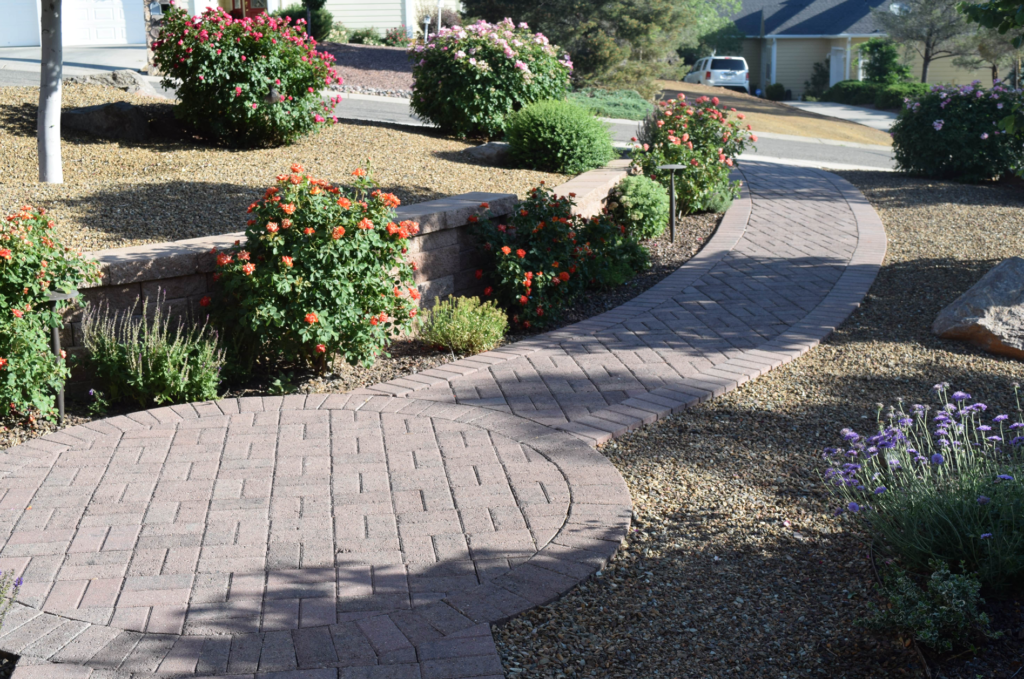
As the summer heat settles in, it’s essential to give your landscaping the care it needs to thrive. With a little planning and attention, you can maintain a beautiful outdoor space throughout the summer months. In this blog post, we’ll share valuable tips to help you keep your landscaping in top shape during the summer season.
- Water Efficiently:
Watering your landscape efficiently is crucial during the summer heat. Water deeply but infrequently to encourage deep root growth. Consider installing a smart irrigation system that adjusts watering schedules based on weather conditions. Focus on the base of plants and avoid overhead watering to minimize evaporation. Additionally, consider using mulch to retain moisture in the soil and reduce weed growth. Proper watering techniques will help your plants stay healthy while conserving water resources.
- Prune and Trim Regularly:
Regular pruning and trimming are essential for maintaining the shape and health of your plants. Remove dead or damaged branches to promote new growth and improve air circulation. Trim back overgrown shrubs and hedges to maintain their shape and prevent them from encroaching on other plants. However, be cautious not to prune flowering plants that bloom on old wood, as this could limit their flower production.
- Weed Control:
Weeds can quickly take over your landscape if left unchecked. Regularly inspect your garden beds and lawn for any signs of weeds and promptly remove them. Apply mulch around plants to suppress weed growth and conserve moisture. For persistent weeds, consider using environmentally friendly herbicides or consult with a professional landscaper for effective weed control solutions.
- Monitor and Adjust Fertilization:
During the summer, it’s important to monitor and adjust your fertilization routine to provide the right nutrients for your plants. Use a slow-release fertilizer that gradually feeds your plants over time. Be mindful of the specific fertilizer requirements for different plants in your landscape, as excessive fertilization can lead to excessive growth or burn the roots. Follow the recommended application rates and consult with a landscaping professional for personalized advice.
- Protect Against Pests and Diseases:
The summer months can bring an array of pests and diseases that can harm your plants. Monitor your landscape regularly for signs of pests, such as aphids or caterpillars, and take appropriate measures to control them. Keep an eye out for common diseases, like powdery mildew or leaf spot, and promptly treat affected plants. Regularly clean and sanitize your gardening tools to prevent the spread of diseases.




